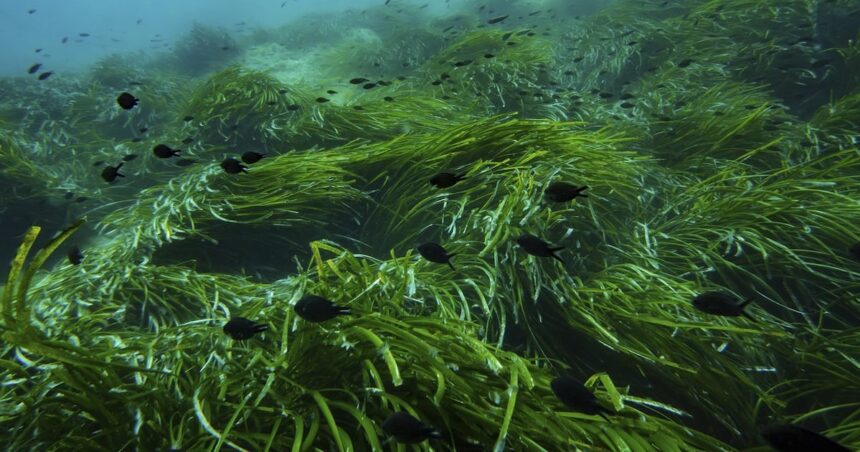As delegates from over 120 nations converge in Nice, France this week, the 2024 UN Ocean Conference has launched with unprecedented urgency, highlighting the critical state of our world’s oceans against a backdrop of escalating climate impacts. The gathering represents what many experts are calling a pivotal moment for translating years of diplomatic promises into tangible marine protection measures.
“We stand at a crossroads for ocean conservation,” remarked UN Secretary-General António Guterres during his opening address. “The commitments made here must transition from diplomatic language to decisive action if we hope to reverse the concerning trajectory of marine ecosystem decline.”
The conference comes at a particularly crucial time. Recent data from the World Meteorological Organization confirms that ocean temperatures reached record highs in 2023, with marine heatwaves affecting nearly 30% of the global ocean surface at certain points last year. These temperature anomalies have triggered widespread coral bleaching events, including in Australia’s Great Barrier Reef, where scientists have documented the fourth mass bleaching event in just seven years.
Marine protection advocates are pushing for concrete progress on several fronts, particularly the implementation of the High Seas Treaty adopted last year. This landmark agreement established a legal framework for creating marine protected areas in international waters, which constitute nearly two-thirds of the world’s oceans but have historically lacked comprehensive conservation measures.
“The High Seas Treaty represented a diplomatic breakthrough, but its potential remains untapped until nations move forward with ratification and implementation,” explained Dr. Sylvia Earle, renowned oceanographer and founder of Mission Blue. “Every day of delay translates to further degradation of critical habitats and biodiversity loss.”
Economic considerations feature prominently in conference discussions, with the sustainable blue economy emerging as a central theme. The World Bank estimates that oceans generate goods and services valued at approximately $2.5 trillion annually, supporting the livelihoods of over three billion people worldwide.
Canadian representatives have highlighted their nation’s Ocean Protection Plan, a $3.5 billion initiative that aims to protect 30% of Canada’s marine areas by 2030. However, environmental organizations have questioned whether implementation efforts are moving quickly enough to meet this ambitious target.
The conference has also spotlighted concerning developments in deep-sea mining. Several Pacific Island nations have called for a moratorium on the practice, citing insufficient scientific understanding of potential environmental impacts. This position has created tension with countries viewing seabed minerals as critical for renewable energy technologies and the transition away from fossil fuels.
“We cannot sacrifice one environmental crisis to solve another,” warned Francesca Pradelli of the Deep Ocean Coalition. “The precautionary principle must guide our approach to emerging ocean industries.”
Plastic pollution features prominently on the agenda as well, with delegates discussing implementation mechanisms for the global plastics treaty currently under negotiation. Recent research published in Nature Communications estimates that between 19-23 million metric tons of plastic waste enter aquatic ecosystems annually, with projections suggesting this figure could triple by 2040 without significant intervention.
As the week progresses, attention will focus on whether participating nations will announce new financial commitments and policy measures substantial enough to address the scale of threats facing marine ecosystems. The conference represents a critical opportunity to advance the UN Sustainable Development Goal 14, which calls for conservation and sustainable use of oceans, seas, and marine resources.
As our oceans face unprecedented challenges, from warming waters to plastic pollution and habitat destruction, the question remains: will this conference finally bridge the persistent gap between international ocean promises and the protection our marine environments so desperately need?










